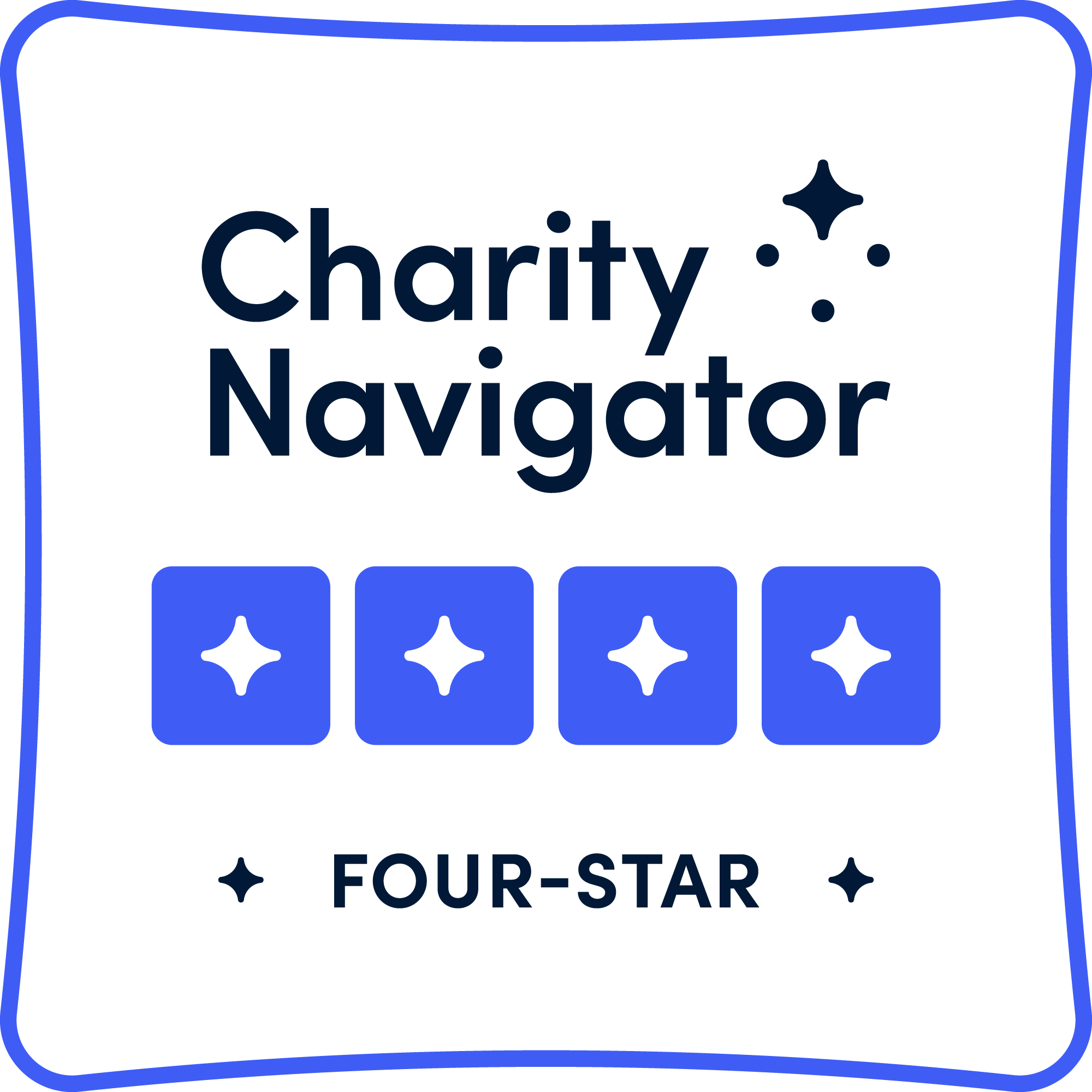Returning Veterans Project: Serving Those Who Served with Free Health Care
Inspired by a returning Army National Guard member from Afghanistan who sought her help, Carol Levine, a licensed clinical social worker (LCSW) in Portland, Oregon founded the Returning Veterans Project (RVP) in 2005. Levine envisioned a veteran support system that offered free mental health care from specialized providers.
In its early days, RVP was Levine and 25 other LCSWs offering non-government-funded, holistic services to veterans. Over time, the organization evolved into a nonprofit providing comprehensive, free services to veterans and service members.
We spoke with Amy Almond, RVP executive director, to learn more about the tremendous work the organization has been doing for nearly 20 years now.
Giving Back to the Military Community
Returning Veterans Project approaches mental and physical health care holistically. Initially focused on veterans returning from war zones, RVP expanded its scope, recognizing the diversity of the military community. They eventually abandoned war zone eligibility criteria. Today, RVP welcomes veterans with various discharge statuses, including those from the LGBTQIA community, individuals with dishonorable discharges, and those within the prison system.
The organization is committed to confidentiality with a system ensuring minimal personal information required from those seeking help. RVP does not require referrals, verifications, authorizations, or – even – insurance for clients to see a volunteer health provider. Better yet, their services are available to veterans’ families too.
All RVP providers volunteer their time and services. These providers range from mental health professionals to practitioners of alternative therapies, such as chiropractic care, acupuncture, art therapy, hypnotherapy, mental health counseling, and more. The organization facilitates direct connections between clients and providers through an online directory. Volunteers prioritize RVP clients on their waitlists, ensuring timely access to services.
How Is Returning Veteran Project Offer Able to Offer Free Services ?
RVP differs from other similar organizations; it is not funded by the Veterans Affairs (VA) or other government entity.
Almond talked about who their volunteers are saying, “Our volunteers—who almost all have military affiliated backgrounds or who have served—want to get back to the community. It’s their way of serving.” Almond has been in the military for 24 years and is currently in Oregon’s Air National Guard. “I’ve always wanted to give back too. And this makes sense for me to use my skills and ability, my training and my licensure to give back to my community.”
RVP relies on donations and grant funding. This ensures providers can continue volunteering their services to patients, and training new volunteers. Almond explained that most donations are used for education. “We provide free continuing education credit. Our providers need this to keep or retain their licensure in Oregon, specifically related to military culture, health, and wellness.”
This approach not only ensures the continuous availability of services but also develops new professionals committed to veteran care.
Addressing Challenges With New Solutions
Another challenge, according to Almond, was the stigma surrounding mental health treatment and veterans. Many veterans often reject mental health services for fear of diagnosis or being labeled as disabled. Almond explained that many clients are more open to receiving body work therapy. This includes acupuncture and massages rather than mental health therapy. However, bodywork therapy does have mental health benefits, such as reducing anxiety and stress which, in turn, can open veterans to accepting other mental health treatments.
In 2023, RVP built a stronger network. The group collaborates with other veterans-serving organizations and participates in research and military summits in Oregon to better understand local mental health care needs. They’re establishing partnerships with major companies to increase their funding. In turn, this will enable RVP to train more providers and offer mental health services to more at no cost.
As RVP enters 2024, the organization is focusing on strategic growth. Almond shared that their goals include expanding educational offerings, collaborating with state schools to support student veterans, and exploring new paths to address the evolving needs of the military community.
For nearly 2 decades, through free services, RVP has helped Oregon veterans, service members and their families lead healthier lives. As the organization looks ahead, it will continue to grow its impact through more volunteer providers, new partnerships, and expanded therapies.









